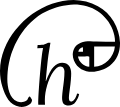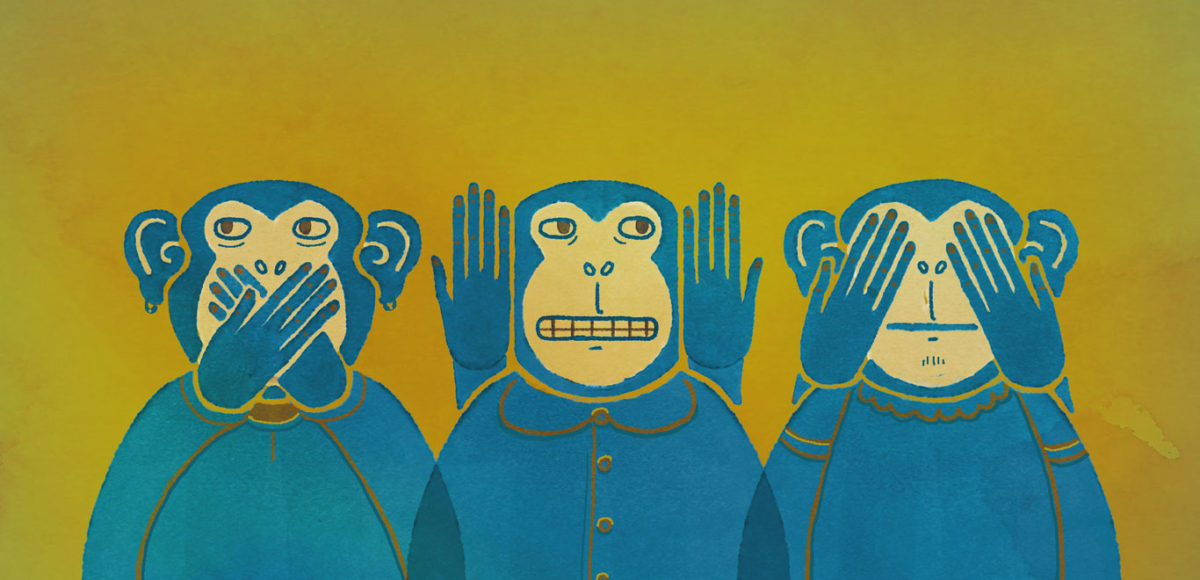by Jeremias Kettner
I have a great interest in human beings, international relations, foreign countries and cultures, and as an active networker I am always exposing myself to new audiences. My long career as a political risk analyst and government relations/foreign policy expert has taught me one thing in particular: Too many people have forgotten how to make decisions which might be unpopular.
The question is if this is a dangerous development in a world where we already outsource many decisions to algorithms and artificial intelligence, arguing that those systems take the most rational, and therefore, best decisions. More so, we are living in a world where people around the globe want leaders who speak hurtful realities, no matter if they are true or just satisfying narratives for their electorate. This is happening globally, be it in the United States, Russia, Asia, or Europe. The conclusion of all of this is that we have to take a closer look at the question and how we make our decisions.
One observation is shared widely among foreign policy pundits and media experts alike: In a world full of endless sources of information, fake news, and blurring narratives, it gets increasingly harder to filter relevant information to reduce complexity in order to make a good, meaningful, sustainable decision. The biggest expert gets dumber by the day, measured on the available body of knowledge in any given field. This holds true not only for academia, but for almost everyone: teenagers, politicians, businessmen, parents, consumers, etc. It is not important which social class they are from or educational background they have.
In a world full of endless sources of information, fake news, and blurring narratives, it gets increasingly harder to filter relevant information to reduce complexity in order to make a good, meaningful, sustainable decision.
The challenge is always the same: how to make decisions without knowing if it is informed on reliable information, only knowing the full consequences after the decision has been made. Even when we know it by our gut feeling, often referred to as instinct or just simply experience, too often we are afraid to make controversial decisions. Yet, this would show true leadership because that means we are ready to make unpopular decisions as well.
Unfortunately, we are too busy with ourselves and all our complex sets of feelings, expectations, and the permanent need to live a good life. That makes us become very uniform. This development is manifested in political correctness or very strict hierarchies in a given system. The paradox is that thanks to the Internet everyone is, at least theoretically, well informed. Everyone wants to participate and is less ready to compromise, but wants their opinions confirmed. Social media algorithms make us believe this so easily.
That indeed is a dangerous development. Fueled by the human need to show off and and get rewarded by a dynamic system with rules for certain behaviors, social media tricks us big time. It only shows us virtual friends with the same interests, belief systems and opinions, mostly in a narrow part of the complex world we are living and operating in. We end up thinking that what we deal with or talk about is not only is the most important thing in the world, but also forget about the fact that even in narrow fields there are thousands of different opinions and ways of tackling a problem.
By saying this, I argue that we lost our greatest human ability: to listen to each other, to argue with each other, and to exchange arguments in order to find a compromise that is greater than something only our small group of friends can agree upon.
I believe that the only way to escape this social and self-constructed trap is to become more open-minded and leave our comfort zones to change perspectives. Therefore, we need to become more empathetic and less anxious: something which should be a matter of parenthood and education at home, but also a part of school curricula. We need to accept the ever-present unknowns and concentrate on the obvious, simple reality despite all our limitations and systemic forces. It is too easy to hide behind factors such as systems, cultures, finances, time, or whatever serves you well to avoid making tough decisions.
Of course, the 1,000 years old question is: In the end, do we change the system or does the system change us? However, the question becomes irrelevant if we accept that we are the system, so we can only change ourselves in order to change the system. To accept this we have to be open towards other opinions. We have to learn again how to really listen and interact with each other, trying to neutralize the impact of stereotypes and prejudices that play an important role in our societies.
Of course, the 1,000 years old question is: In the end, do we change the system or does the system change us? However, the question becomes irrelevant if we accept that we are the system, so we can only change ourselves in order to change the system.
I won’t argue that we have to totally destroy the system or their structuring tasks, but we at least have to try to reach a state of open mindedness which allows us to see the other. That means we need to look beyond this superficial set, something we can only do in real-time, face-to-face interaction and less so in the virtual world, at least as it exists today.
This would require a big effort that most people would not be ready to invest since the outcome cannot be known. But again, I am convinced that we need to listen to each other more. We need to learn to receive information and not just send it. We must try to understand one another instead of anticipating reactions. Especially for leaders in a world full of information and rumors, we should try to make more unpopular decisions again. It will be rewarded in an evermore diverse world where people start to become bored of repeating narratives and are always looking for fresh, new innovation. Therefore, we need to become less strategic and more willing to listen to ourselves and others. The reward might be the next election or a successful business idea.

 | Technology, AI and ethics.
| Technology, AI and ethics.

